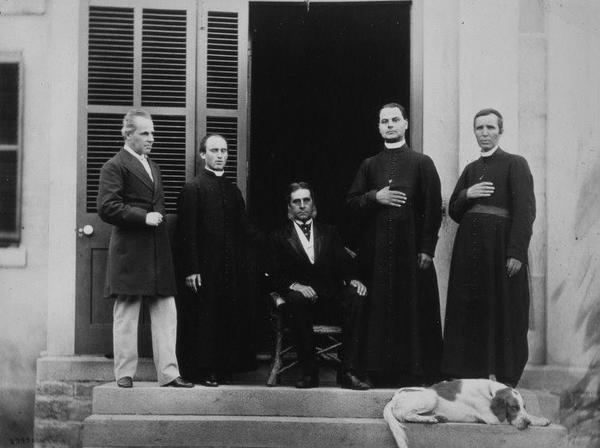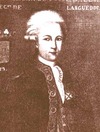Relations with Church Authorities

Source: Courtesy of Wikimedia Commons
George-Étienne CARTIER maintained close ties and generally cordial relations with church authorities, particularly those who were Roman Catholic. Here, according to his biographer, is how he viewed these connections:
“From the religious point of view, he was not a mystic but a sincere Catholic. … For Cartier, to be a French Canadian was to be a Catholic. He was respectful of the clergy, to whom, according to him, French Canadians owed great gratitude, but he none the less preserved his full freedom of judgement and decision in temporal matters, so much so that he was regarded as a gallican.”
Indeed, Cartier sometimes clashed with Roman Catholic authorities. For example, on the occasion of a legal dispute between Ignace BOURGET and the congregation of the Sulpicians, one that would last ten years (1863–73), Cartier lent his support to the latter, who had been his teachers. They opposed the bishop of Montreal’s plan to break up the city’s parish of Notre-Dame and have the new parishes thus created legally recognized. The following excerpt from Bourget’s biography describes the situation:
“The result [in 1866] was an endless series of disputes, punctuated by frequent appeals to Rome, during the course of which Cartier brought his authority to bear to such an extent that the bishop of Montreal’s patience, legendary though it was, almost reached the breaking point. ‘What then,’ he wrote on 19 Feb. 1871, ‘is the nub of this inextricable difficulty? It is M. Cartier, who exercises his right to [use] pressure, or rather oppression.’”
The following excerpt from the biography of the vicar general Charles-Félix CAZEAU illustrates how political and religious authorities were, however, able to work together:
“From June 1864, and especially during the constitutional debates of 1865 and 1866, the political and religious powers had collaborated spontaneously, despite a few differences of opinion which never seriously affected their mutual trust. This cooperation was so close that in the autumn of 1865 at Cartier’s request Cazeau and Horan, the bishop of Kingston, went to the Maritimes on a mission to persuade the Roman Catholics of New Brunswick and Nova Scotia to accept confederation. In the March 1865 election in New Brunswick the Conservative government of Samuel Leonard
To learn more about relations between Cartier and church authorities, please explore the following lists of biographies:





